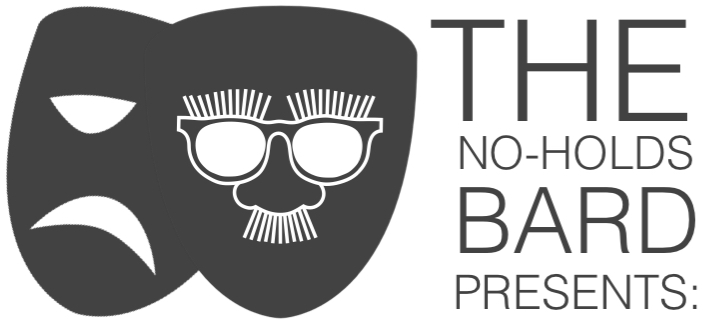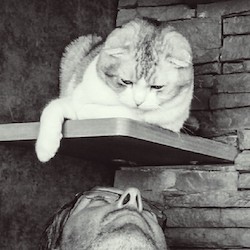|
Imagine a roomful of bored-looking people forced to listen to a presenter while he reads a list of dot-points to us from each of one-hundred-and-nineteen slides. It's about time someone threw in a lifeline. Or a grenade. Training material should be slick and to the point. Slides should be used to support what the presenter says, not the other way around. They should be visually appealing, light on text, and certainly few in total number. A handout need not just be those same slides in printed form but modified so it makes sense when read by itself. Pretty basic stuff, huh? Then why do we still see this kind of crap? Assessment material is pretty awful too. You might recognise this question: Using a mobile phone in the workshop is against departmental policy (circle the correct answer). True False To an old-school competency-based trainer this question is beautifully fit for purpose. The trainee's answer (which is surely always correct) is filed away, to be brought out at a performance review in the event of a transgression to show that he once demonstrated an understanding of the policy and now should pay the ultimate penalty. Such an approach was never really about learning. We can be cleverer than that. Take a look at this ... This kind of assessment gives us more than just an arse-covering outcome. It's presented as a real-world scenario (well, almost), and none of the answers is actually wrong, which causes the learner to think a little harder about their choice. Feedback on each response is shown after selection is made and the learner is invited to explore the other options. Finally, the scenario presents the problem through the eyes of a third party, Julie, which adds an empathy dimension to the issue of using a phone in the workshop. By presenting training and assessment material that is aligned with the '70' part of the 70:20:10 model (that is, real-life on-the-job scenarios) we offer our trainees a far more powerful learning tool.
Comments are closed.
|
Serious stories about communication
told in a silly voice. Categories
All
Bruce Ransley
I dig a little deeper than most comms folk. From science at university, to a cold-and-wet career as a commercial diver, to working underground, and for the past 17 years as a communicator-at-large, I've had my fair share of weird experiences in all sorts of situations. It's given me a fair-to-middling grounding in all things explanatory. |




 RSS Feed
RSS Feed
